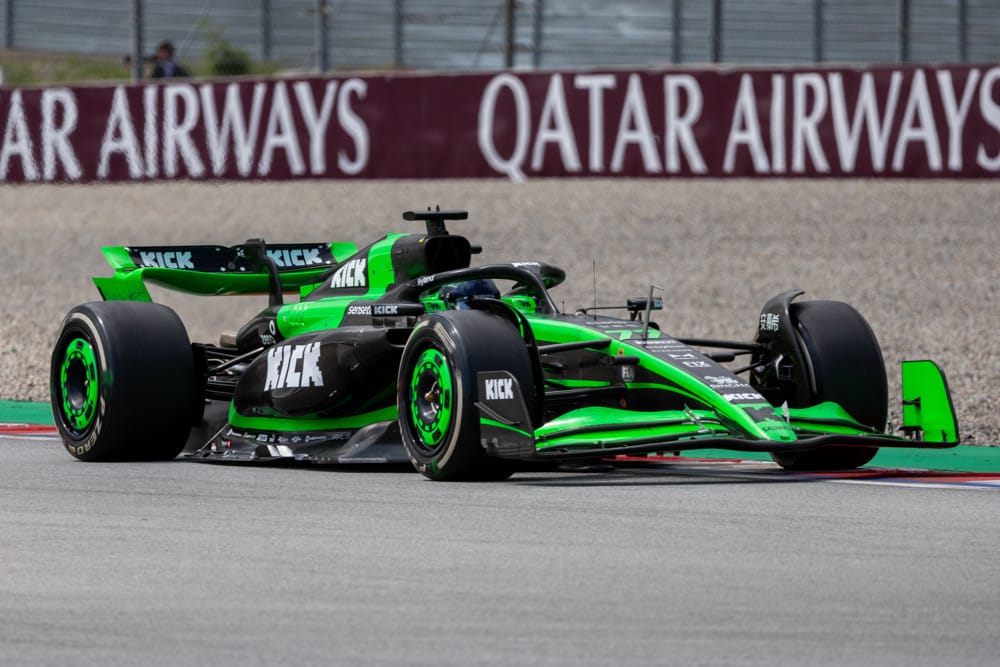Europe’s gambling grey markets are almost gone

Europe is the leading market for the gambling industry. The continent has been one of the most receptive when it comes to the activities that can be categorized as being as part of this sector.
Casino gaming and sports betting are activities that have been widely enjoyed for several years due to the favourable conditions that are found, although it is worth pointing out that there are still a few grey areas.
What are the grey areas of the European gambling market?
Of the 31 countries that make up the continent, just four have not adopted some form of multi-licensing agreement. Of the 27 that do, 23 have a full multi-licensing model for all online gambling activities. Four have a mixed model that provides partial multi-licensing, with Slovenia and Switzerland having a monopoly over sports betting, and Austria and Poland monopolising online casino games and poker, with the other activities having been regulated with a multi-license.
One of the countries that fall into the four is Iceland. Players who reside in one of the continent’s most northern nations cannot specifically access a site that is based in the country. Instead, they have to use an offshore casino in Iceland due to the grey area regarding the laws that are in place.
Norway and Finland are similar to Iceland in that they maintain a model of exclusive rights. This means the state owns all of the online gambling services offered. However, the latter of the two Scandinavian countries is looking to implement a multi-licensing framework in 2026, with legislative reforms underway.
Luxembourg is the last of the four European countries without any form of multi-licensing agreement and the only one without dedicated regulations for the activity.
Europe’s remarkable transformation
While Europe has been known to be a favourable destination for gambling operators because of the regulations in place, it hasn’t always been that way.
Although the licences that can be acquired from the UK Gambling Commission and Malta Gaming Authority boards are among the very best that the industry has to offer and are considered to be among the gold standard, the continent has undergone significant change in the last 15 years or so.
As of 2009, just seven countries had a multi-licensing model that permitted online gambling. The UK and Malta were two of those, with Croatia, Czech Republic, Estonia, Italy, and Latvia also being among the initial nations to do so. As noted, the adoption of this type of model has significantly increased, with there being 27 of the 31 now having one.
Is the end of Europe’s grey gambling markets near?
It’s a question that is difficult to answer, but compared to 15 years ago, it certainly appears as though the grey markets that had existed across the continent are starting to disappear, making online gambling regulated with some form of licence Europe-wide.
Finland is showing signs of looking to join the vast majority of countries, highlighting a positive change. Whether Norway, Iceland and Luxembourg decide to follow suit remains to be seen in acquiring a multi-licence, as it does regarding the likes of Slovenia, Switzerland, Austria, and Poland and if they decide to change their approach.
Related
Soft2bet: dozens of blacklisted gambling sites connected to award-winning European…
About Shady betsGlitzy offers and bonus bets lure in millions to online gambling every day. Yet behind the crafted promotions lies a different reality. One defi
Half of Online Gambling Firms Lose 10% of Revenue to…
The European online gambling (iGaming) sector is suffering multibillion-euro losses to fraud each year, according to new research from Sumsub. The identity ver
How Europe has responded to Trump warning Zelenskyy he’s ‘gambling…
In the wake of Volodymyr Zelenskyy and Donald Trump's spat in the White House, world leaders have been sharing their thoughts on the explosive argument.Inevitab
Is Europe on the brink of war? Three scenarios that…
It's generally agreed that Volodymyr Zelensky's meeting in the White House on Friday was an unmitigated disaster. After exchanging blows with Donald Trump and J












